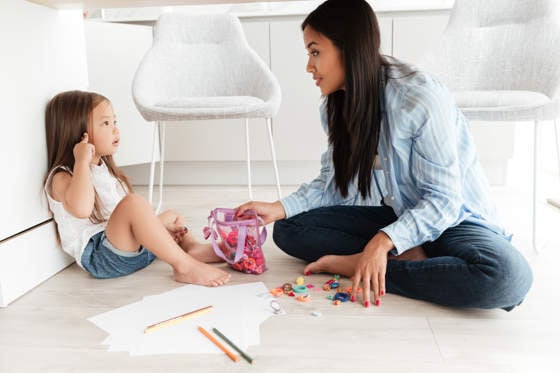 Speech Pathology Lead Aria May looks at the importance of Autism Acceptance Month and what you can do to move towards a truly inclusive community.
Speech Pathology Lead Aria May looks at the importance of Autism Acceptance Month and what you can do to move towards a truly inclusive community.
Autism Acceptance Month is always an exciting and important time for our team and families. During Autism Acceptance Month, we want to encourage people to extend the idea of ‘raising awareness’ by setting the bar higher, to move towards a truly inclusive community. We can be ‘aware’ of many things in life, but this doesn’t necessarily lead to us changing our behaviours and having an impact on others. It is what we do with this awareness that can really make a difference.
At CliniKids, we have been inviting children and families to contribute to our brain forest display – inspired by Sandhya Menon’s book, The Brain Forest. Each child has the opportunity to represent themselves (and their brain!) through a unique leaf or tree that forms a part of the forest or rather of humankind.
In our brain forest there are many unique brains – which all contribute in unique ways! It’s what makes the forest so special and interesting. Everyone's brain is different and each of us have things we are good at and need more support with. The idea that brains process the world in different ways, is the foundation of neurodiversity. Different types of brains don’t need to be fixed or cured, and there is no “right” way of thinking, learning, behaving, and interacting with the world.

Once we are aware of this diversity, it’s important to ask others what they need for their brain - because it’s not the same for everyone. We can’t presume or know what another brain needs.
This month consider chatting to your child and exploring their brain forest too:
- Talk about some of the things you both like and don’t like. Consider whether your likes and dislikes the same or different to your child? Differences are ok!
- What are some things you and your child’s brains are good at?
- What are some of the things you and your child’s brains finds tricky?
- What helps you and your child’s brain?
We all have a role to play in advocating for acceptance of autism and creating a more autism-friendly environment. In partnership with the autistic community we should strive to remove barriers and empower autistic individuals to navigate their world and be who they want to be.
